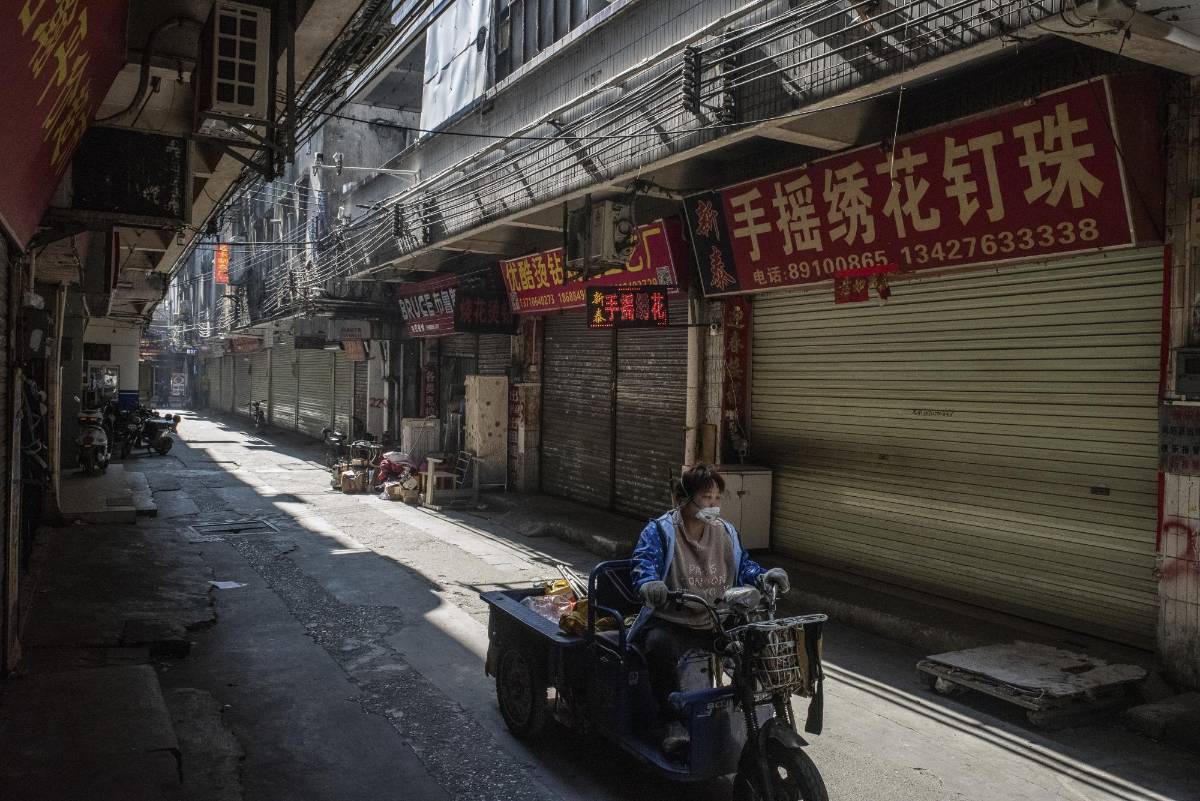Chinese Government Softens Tone When Doing Business Goes From Disciplinarian To Cheerleader

Liu Kun, the finance minister of China, told state media that the nation intends to spend a lot in 2023 to support economic growth through a combination of stimulus spending, subsidies, and tax cuts. It's unclear whether these adjustments will be sufficient.
According to Duncan Clark, president of BDA, a Beijing-based investment advisory company, "Right now there is a lack of trust, and that is not going to go away.". According to Clark, businesses operating in China today take more risk than they did in the past.
Chinese economist and former People's Bank of China official Xiang Songzuo claimed that rather than believing that Chinese leaders' business strategies had changed fundamentally, their language had simply become more conciliatory as a result of the country's slowing economy. In the current economic climate, China needs private businesses to increase their investments, hiring, and tax payments.
The tone has changed as a result in order to "reassure and pacify them," according to Xiang. However, there is still tension because China wants to keep control over private companies and will not rely only on existing markets or legal frameworks for regulation.
The biggest tech firms in China, including Didi Global, a ride-hailing service, and Ant Group, an e-commerce behemoth's fintech sister company, will come under more scrutiny starting in 2020 regarding their business and data-collection practices. Upon Ma's criticism of China's banking industry as being outdated at the end of 2020, Chinese officials abruptly postponed Ant Group's initial public offering.
Ant was compelled by Chinese regulators to register as a financial holding company and to detach its payment application from its financial services. The public listing was never conducted.
After that, the tone shifted last month. chinese officials stated that they planned to "more normally supervise" technology companies when outlining their policy objectives for this year.
The announcement made yesterday by Ant Group that Ma would give up control of the business seemed to be the culmination of China's campaign against major tech firms. At about the same time that Ant announced the change in leadership, Guo Shuqing, the Communist Party secretary at the People's Bank of China, declared that the so-called rectification campaign at the largest technology companies was "basically complete.".
China has also declared that it will take the necessary actions to revive the housing market, which has been under pressure from the government in recent years to stop real estate companies from borrowing carelessly. Many of the debt restrictions intended to keep businesses under control have been lifted by the government, which is concerned about the sharp decline in the housing market and rising resentment over incomplete apartment buildings.
China has also urged banks to increase the amount of money they lend to developers so they can finish unfinished apartments while making the loan application process simpler for developers. These measures do not, however, address the main issue, which is that Chinese consumers, who were once enthusiastic real estate buyers, are no longer interested.
According to a real estate research company called China Index Academy, sales of the 100 biggest real estate developers decreased by more than 40% in 2017 compared to 2016. c.
Company of The New York Times, 2023.
At about the same time that Ant announced the change in leadership, Guo Shuqing, the Communist Party secretary at the People's Bank of China, declared that the so-called rectification campaign at the largest technology companies was "basically complete.
Post a Comment for "Chinese Government Softens Tone When Doing Business Goes From Disciplinarian To Cheerleader"